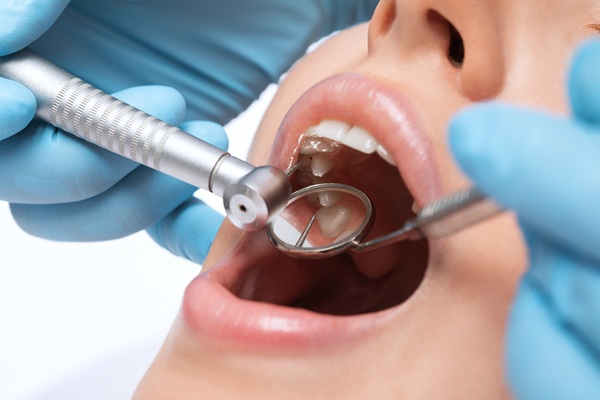A Dentist Answers Frequently Asked Dentistry Questions
 As a Dentist, there are certain questions that we are asked on a regular basis. We want our patients to be informed and will take the time to answer any questions that you may have so that you can make an educated decision about your oral health care. By discussing procedures in detail, we are confident that you will feel better about any procedure that you have done. Since we have found that many of our patients have similar questions and concerns, here are answers to some frequently asked questions:
As a Dentist, there are certain questions that we are asked on a regular basis. We want our patients to be informed and will take the time to answer any questions that you may have so that you can make an educated decision about your oral health care. By discussing procedures in detail, we are confident that you will feel better about any procedure that you have done. Since we have found that many of our patients have similar questions and concerns, here are answers to some frequently asked questions:
Does dental work hurt?
With millions of people suffering from dental anxiety, this question is often on the top of our patient's list. The good news is that dental care does not hurt when you visit our office. This is because we have a variety of ways to help calm your nerves and provide pain medication so that you can relax and feel comfortable, regardless of whether your teeth are being cleaned or you are having major dental work done.
How quickly will I recover?
Most dental procedures have a short recovery time. For example, if your cavity is treated you should feel better later that day. If you are having something major like oral surgery, the recovery time can be several days, and we will go over specifics during your consultation. As a local dentist, we do remind patients that regardless of what procedure is being performed, you can speed up the recovery by not touching the site, rinsing your mouth regularly, and preventing anything from touching that area until it is fully recovered. Avoiding strenuous activity is also important.
Why do I need to have my crown replaced?
Many people are under the impression that once a crown or another restoration is placed, it will remain there forever. While this would be nice, it is simply not the case. A restoration can wear out just like anything can. It is easy for a restoration to become chipped, for example if you grind your teeth at night. Simultaneously, if you are repeatedly getting infections, this will put your restoration at risk. The best thing, you can do, is to keep your teeth and gums in good health and have regular teeth cleanings in order to prolong the lifespan of your restoration. If it does become worn out, you need to replace it so that your damaged tooth can continue to be protected.
Which dentist's opinion is right?
When patients visit more than one dentist it can lead to confusion. Dentistry, like many things, gives a provider several options for how to proceed. For example, if your tooth has fallen out you can replace it using dentures, a dental bridge, or a dental implant. All are correct options, and the one that you select is really up to your lifestyle and goals. Each dentist may have a preferred procedure based on their skill set but what you select is entirely up to you. As a local dentist, we believe that it is important to present the facts and let our patients evaluate which solution is right for them.
Recent Posts
“I am looking for a dentist near me to answer questions about oral health.” We hear this a lot from new patients who have questions and concerns, but do not know where to turn for answers. We provide comprehensive dental care and are happy to answer any questions you may have. In fact, we prefer…
When it comes to the food that we eat every day, there are some that are much more teeth-friendly than others along with some that are downright terrible for teeth and oral health. In this article, we will cover 7 of the best teeth-friendly foods that are excellent choices when picking your next meal.The health…
People often wonder if they should brush, floss or rinse first. This is a perfectly legitimate question that plenty of dentists do not address for varying reasons. In fact, some dentists do not have an opinion as to whether the teeth should be brushed or flossed first.The answer to this question is that flossing first…
Dental hygiene is best defined as a process through which preventative dental care can help maintain oral health and prevent dental emergencies. Dental hygiene involves self-responsibility with regular brushing/flossing, as well as professional care. While at-home dental hygiene is important, it is not always enough to keep dental infections and decay at bay. Here are…
 As a
As a 
